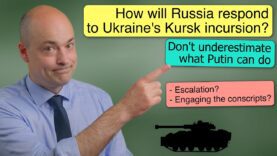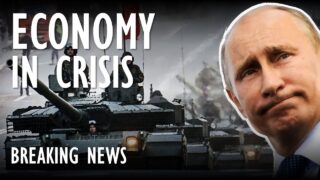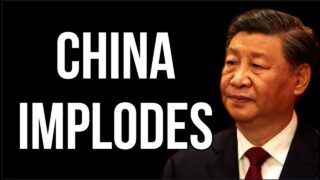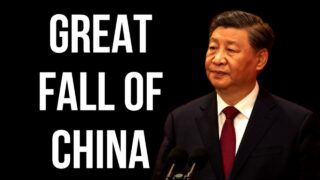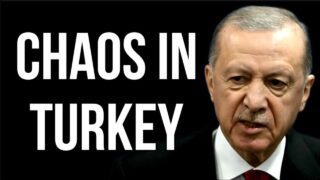Russia’s war economy is unsustainable
Video Summary
The Russian war economy is not sustainable in the long run. Despite the initial boost it received, the economy is destined to collapse due to several issues. The Russian military-industrial complex is heavily reliant on mobilizing resources from the national economy, which is unsustainable. The government is also pumping massive amounts of money into the military, making it difficult to control inflation. The Russian economy is already showing signs of inflation, and the central bank has had to raise interest rates to try to stem the tide.
The war is also putting a strain on Russia’s labor market, with millions of men being drafted into the military, leaving a shortage of workers in other sectors. This is leading to inflation, particularly in consumer goods.
The Russian economy is also heavily dependent on traditional Soviet-era equipment, which is nearing the end of its lifecycle. They are relying on a large stockpile of old equipment, but once it’s gone, they will be forced to produce new equipment, which will require more resources. The situation is dire, with estimates suggesting that 80% of the equipment used by the Russian military is old, with only 20% being new. This means that even if they manage to produce new equipment, it will be a fraction of what they need to maintain their military operations.
The situation is expected to worsen in 2025-2026, making it challenging for Russia to maintain its military operations. This is why the Ukrainian leader, Kyrylo Budanov, believes that Russia will try to win the war by 2025 or early 2026. The situation is a political one, and the west has a choice to make about how to support Ukraine. If they continue to provide high-level support, Ukraine may be able to win the war. However, if the support falters, it may be Ukraine’s war economy that crashes first.



